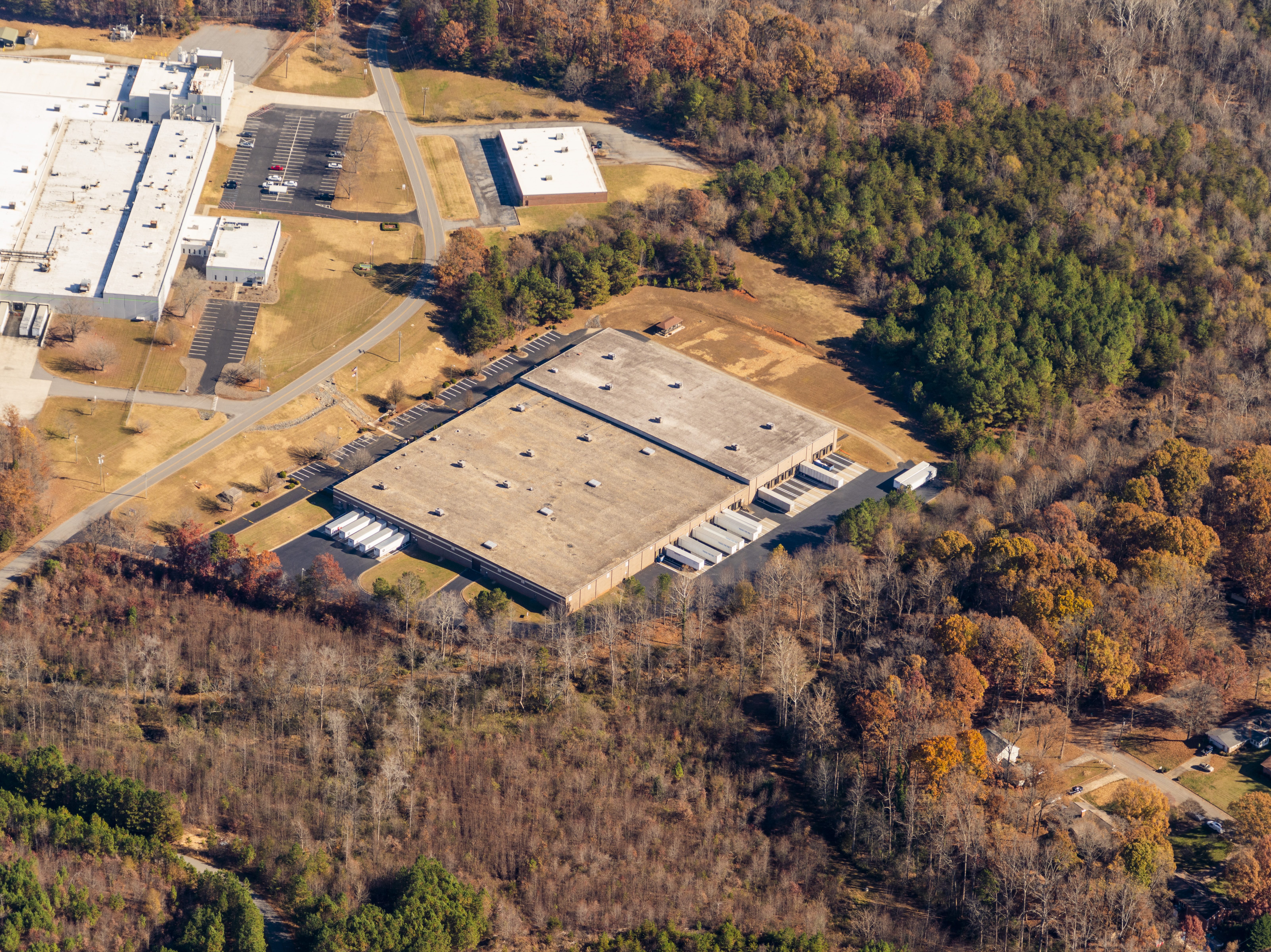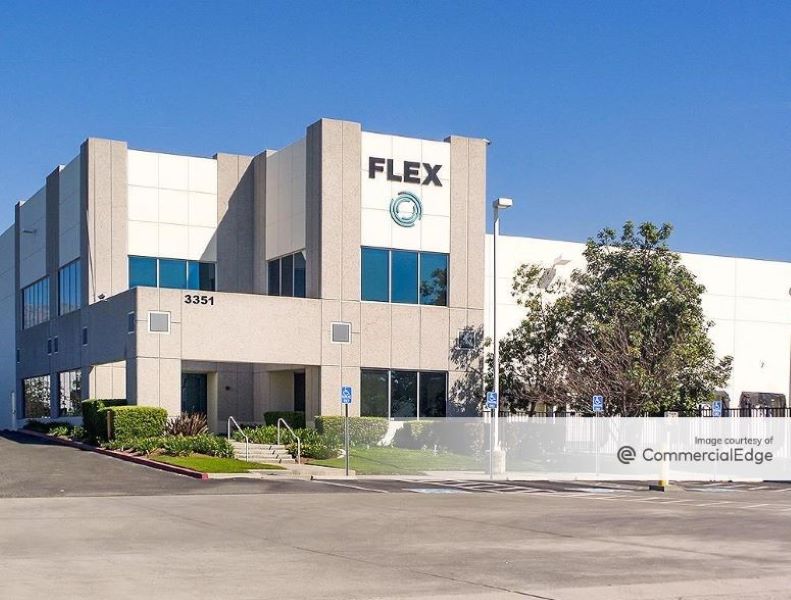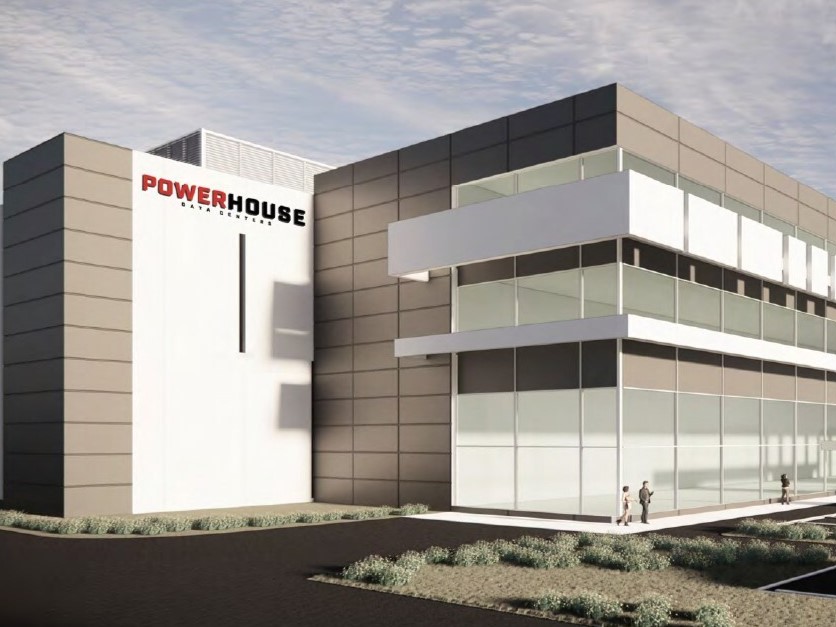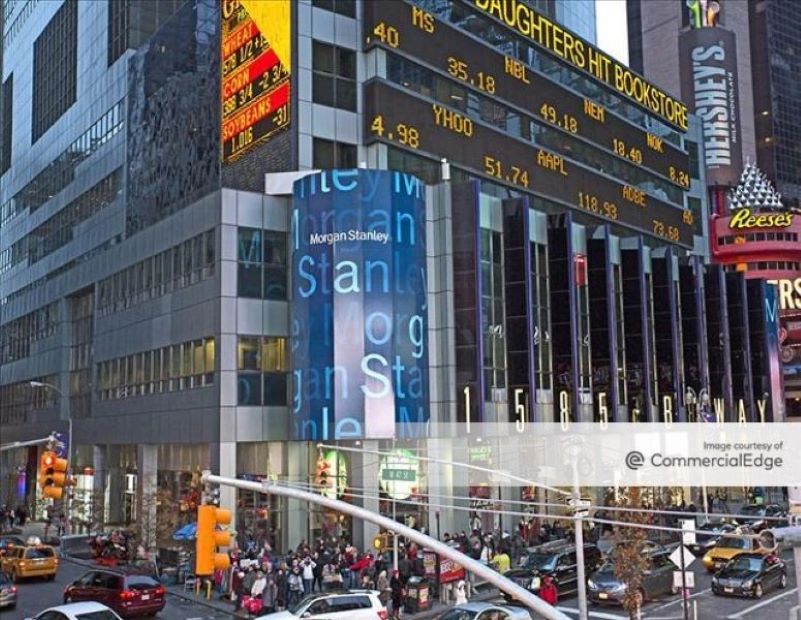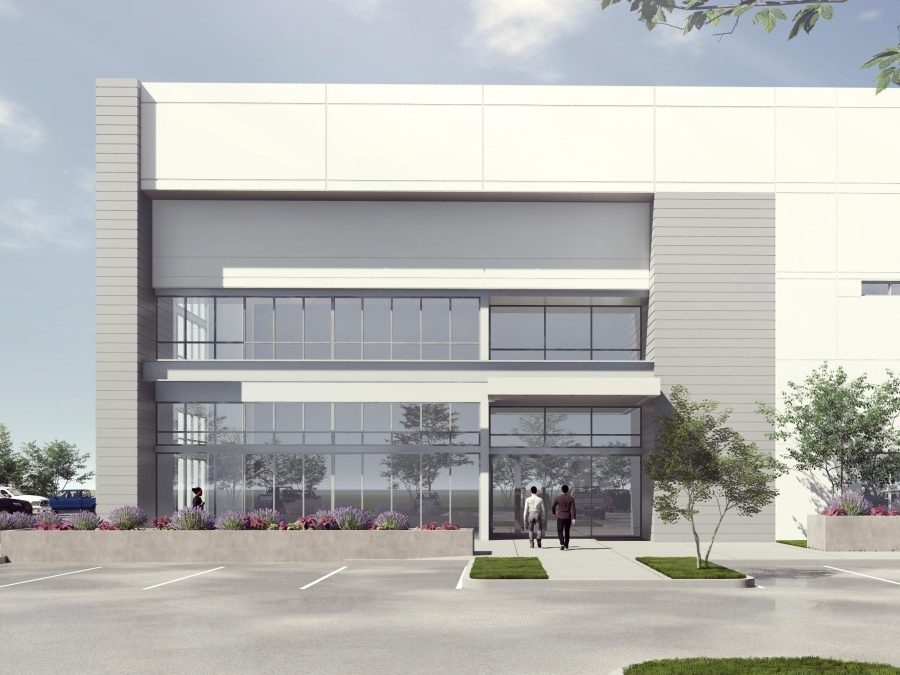Residential Boom, Revamped Planetarium in Chicago
By Veronica Grecu, Associate Editor Chicago seems to be heading toward an apartment construction boom. The Chicago Sun-Times recently listed the most prominent residential communities under development in Chicago. An old office tower at 188 W. Randolph St., built in the [...]
By Veronica Grecu, Associate Editor
Chicago seems to be heading toward an apartment construction boom. The Chicago Sun-Times recently listed the most prominent residential communities under development in Chicago. An old office tower at 188 W. Randolph St., built in the 1920s, Prado Hotel at 53rd Street and Hyde Park Boulevard are being converted into urban apartment buildings.
According to Gail Lissner, vice president of Chicago-based commercial appraisal firm Appraisal Research Counselors, 19 projects with about 7,400 apartments are proposed in the downtown area, while there are at least 20 proposals outside downtown. Though not all proposals will receive approval for construction, it is estimated that more than 8,000 apartment units will be constructed citywide. By contrast, over the last 12 years, developers completed an average of just over 1,000 apartments per year in the downtown area.
In other commercial real estate news, the recently renovated Adler Planetarium, the oldest in the nation, is ready to welcome visitors on the downtown waterfront, where a new show is being produced. Quoted by the Wall Street Journal, Paul H. Knappenberger Jr., the planetarium’s president, said that the revamp would make Adler once again the most advanced planetarium in the world.
Adler’s board raised $14 million for the renovation, with $900,000 coming from the federal government and another $750,000 from the state of Illinois. According to the Wall Street Journal, the planetarium is now capable of playing back 72 separate audio sources and displaying images with eight times the resolution of digital movie theaters. Ten years after projectors perfected the technology, the Adler will also add a new digital projection system than can duplicate starry skies on a black night. The Chicago Sun-Times reports that planetarium officials asked the Chicago Park District board to approve a $2 increase for the general admission fee.

